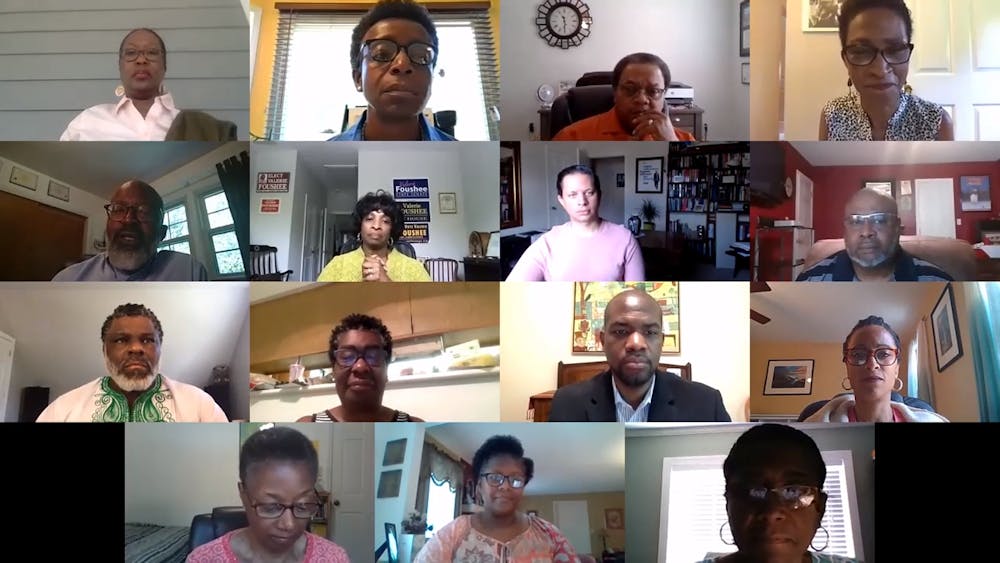On Friday, current and former Black elected officials of Orange County came together for the Town of Carrboro’s virtual Juneteenth program.
Juneteenth is an annual holiday commemorating the symbolic end of slavery in the United States on June 19, 1865, when enslaved Black people in Texas were told they were free following President Lincoln’s Emancipation Proclamation 2.5 years earlier.
Although not yet recognized as a national holiday, Texas was the first state to recognize the day in 1980. 47 states and the District of Columbia have since joined Texas, including North Carolina.
The program began with an introduction from Carrboro Mayor Pro Tem Barbara Foushee, who spoke on the significance of the holiday. Renee Price, vice-chairperson of the Orange County Board of County Commissioners, then introduced the Orange County resolution that officials would be reading from.
“Now therefore be it resolved,” North Carolina Senator Valerie P. Foushee read, “that we, the current and former African American elected leaders in the Orange County, North Carolina, being descendants of enslaved and free Black Africans and African Americans, have a legacy that we shall uphold and a heritage that we shall honor.”
Joal Broun, a member of Chapel Hill-Carrboro City School's Board of Education, continued reading the resolution.
“And be it resolved,” Broun continued, “that we, the African American elected officials in Orange County, do hereby pledge to continue the fight for civil rights and human rights that began 400 years ago, despite resistance, violence and discriminatory legislation or court decision.”
The proclamation, titled “Resolution in Recognition of our 400 Years” also promised to endeavor to disrupt intergenerational cycles of poverty, marginalization and disenfranchisement and reform a criminal justice system that has targeted people of color unfairly and unjustly.
Following the reading of the resolution and a recognition of past Black elected officials, Foushee introduced Freddie Parker, a professor of history at North Carolina Central University, to give a presentation on the history of Juneteenth.



